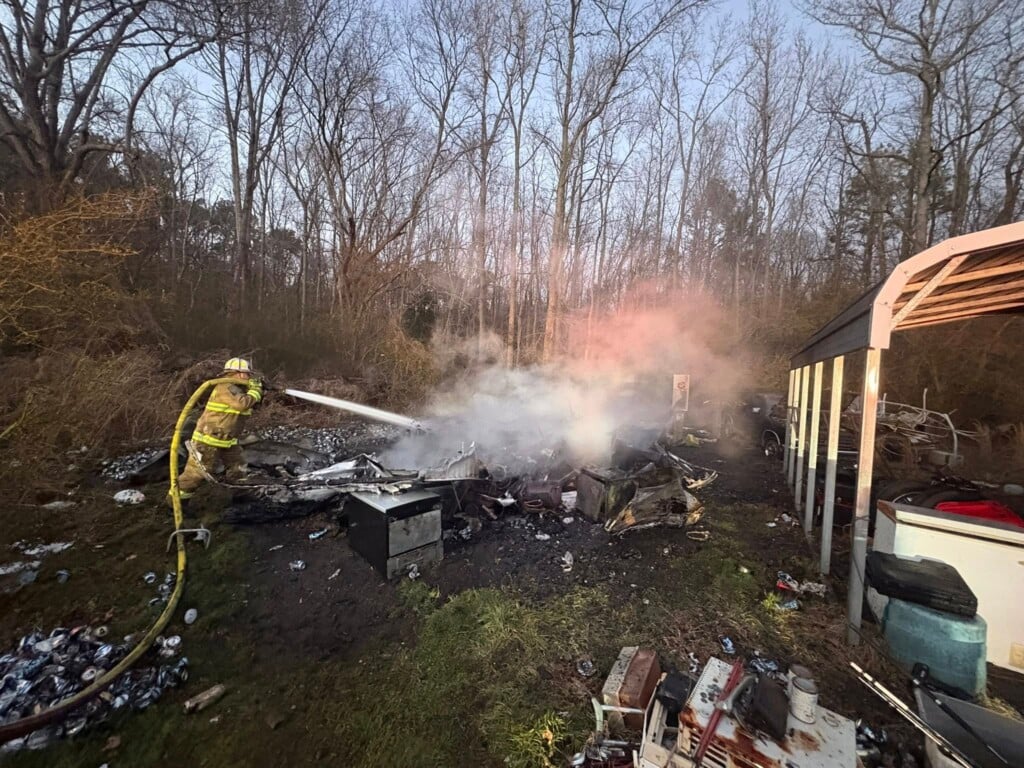Local breweries react to threat of C02 shortage
SALISBURY, Md- A nationwide shortage of Carbon Dioxide is leaving breweries across the country on edge, even as local breweries on Delmarva say they have yet to experience any major disruptions.
The gas is used to carbonate beverages, purge beer cans to prevent oxidation during storage and to keep liquid under pressure when transferring from vats to kegs and cans.
“If we didn’t have CO2 we would have no more cans we could maybe keep drafts but it would completely change our business,” said Burley Oak Head Brewery Adam Davis.
Davis says his suppliers tell him that his supply is secure for now, but with week-by-week deliveries, he says it still means that at any moment his business could be disrupted.
“For the scale that we do of canning it is half of our businesses it is a massive part we do nearly 750 cases a week,” he said.
He says his brewery in Berlin is using ways of naturally carbonating beers using pudding techniques, to increase the natural level of fermentation, as well as an on-site nitrogen generator to help with purging cans and moving beer into them during packaging, but those changes are not able to fully replace C02 if it were to become unavailable.
“We are 100 percent dependent on it for our canning,” he said.
Larger scale microbreweries are able to use carbon capture techniques to use CO2 released during distillation to fully carbonate the beers, but for smaller breweries like Brunish Bear Co, in Salisbury, that option is out of their price range.
“We do about 400 cases a week, and that’s at peak with a new launch and we need to have C02 to make sure our beer doesn’t oxidize, without the quality goes down,” said Co-Owner Randy Mills.
He says his business doesn’t have any alternative method to using C02 and is now planning accordingly knowing that a shortage could be on the horizon.
“We haven’t seen it yet but we are preparing because it would be devastating to have that loss, just missing one week is a drastic hit because we rely on its consistency and it affects our overall costs of operation,” Mills said.


